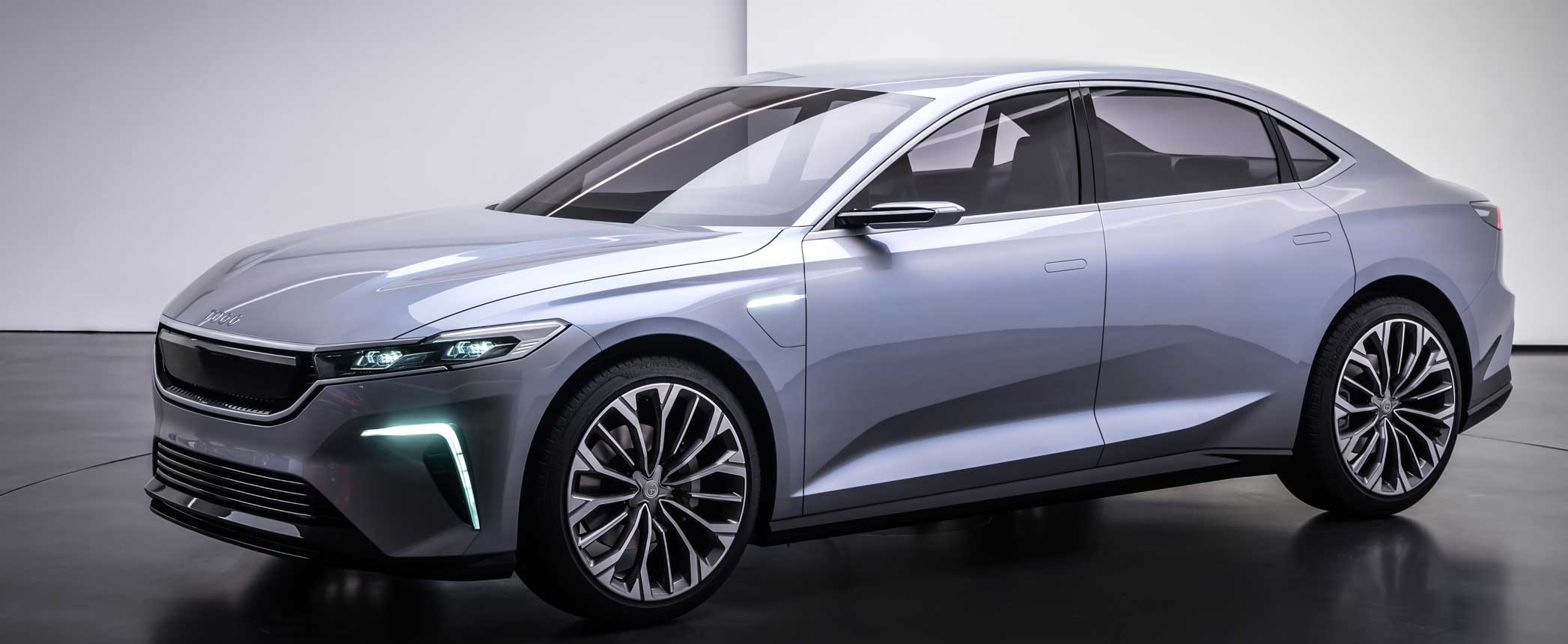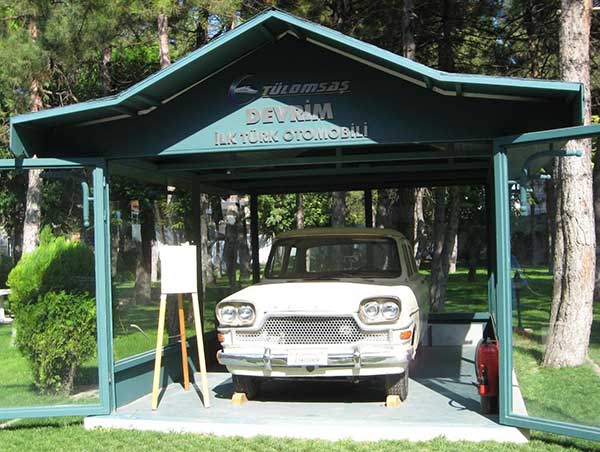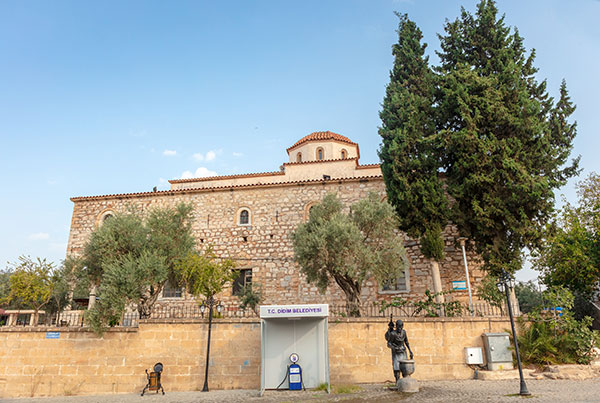
Turkey is reviving its ambition to make at producing a 100% domestically designed and produced car, and this time it happens to be an electric vehicle.
Turkish governments have dreamt of producing a yerli araba, or “domestic car,” for decades. When President Recep Tayyip Erdogan unveiled the prototype Togg SUV in late 2019, the dream may finally have come true.
Turkey has tried in the past to produce its own car. In the 1960s, there was the Devrim, or “Revolution,” which broke down during its first public test and was quickly abandoned. The Anadol followed a few years later but hardly qualifies, as it was powered by a variety of Ford engines.
The all-Turkish Togg – the Turkish acronym for Turkey’s Automobile Enterprise Group – is a muscular battery electric vehicle that bears more than a passing resemblance to the Vietnamese auto VinFast. Both were designed by Italian automotive studio Pininfarina.

The groundbreaking for the Togg factory in Bursa is in May, and at full capacity some 175,000 units can roll off the assembly line. Production of the SUV is scheduled to begin in 2022 and by 2030, five models should be on offer. The project so far has cost almost $1 billion and is likely to cost U.S. $3.7 billion by the time cars materialize. According to Bloomberg, Togg will enjoy tax cuts, free land and lower interest rates.
Zorlu Holding, one of the five Togg consortium partners and the parent of electronic appliance company Vestel, is building a battery manufacturing facility in China that can supply up to 500,000 vehicles per year, upon completion in 2023. (This raises questions about what power source the Togg will have by the stated market launch in 2022. There has also been no news about the plant since the initial announcement in February 2018.) Other members include commercial vehicle makers BMC and Anadolu Group, oil and construction company Kok Group and mobile phone company Turkcell.
Why Turkey decided to pursue a homegrown car again is unclear, says one marketing expert. Politicians have often talked about the need for a domestic car, but prestige seems a poor reason for engaging in such a costly venture that is unlikely to see much of return for many years, if ever, said Steven Seggie, a professor of marketing and Executive MBA director at ESSEC Business School, Paris, and formerly of Istanbul’s Ozyegin University.
|
“Turkey does have a lot of experience in car manufacturing. However, somewhat of concern is that none of the companies in the consortium has experience building a global automotive brand.”
|
“If we were in the 1970s, then maybe one could argue for strategic reasons but that argument seems a little outdated today,” Seggie told Lubes’n’Greases.
However, Turkey has a vibrant car production industry. Global carmakers Renault, Fiat, Hyundai, Toyota and Ford have assembly lines in the country, and there is a number of medium- and heavy-duty vehicle makers too. But making a car from scratch is a different proposition, said Seggie.
“Turkey does have a lot of experience in car manufacturing. However, somewhat of concern is that none of the companies in the consortium has experience building a global automotive brand.”
Once launched, the question is who will buy the vehicles? At a rumored cost of 300,000 lira ($49,200), Seggie thinks potential tax breaks and incentives could make the car more enticing for locals, but trying to break into the global market without a strong domestic market presence would be a significant challenge.
“If the focus is exports, then there is a massive branding issue. It will require billions of euros to develop the brand. The numbers being talked about may be enough to produce the car but will be nowhere near enough to develop the brand.”
Although the Togg will be available with a 300 kilometers and the other 500 km – Turkey is a large country and range anxiety could dissuade Turkish buyers. President Erdogan promised that there will be a national charging network in place by the launch. There are currently 1,200 charge points in Turkey, a country of 783,562 square km, while there are more than 51,000, not counting 1,300 fast chargers, in the Netherlands, which is 41,543 sq km. To match that number, 66 points would have to be installed every day by the launch. Without charging in place, uptake could be slower. They would also have to be fast chargers if the company promise of a 30 minute charging time is to be kept. This would require 100 kilowatt chargers at a minimum, putting strain on the country’s electricity network. Turkey’s grid often suffers from overload blackouts, and greater demand from EVs may mean an extensive network overhaul.
“Installing charging points is not enough. A Tesla Model 3 takes the same energy to power 10 households to charge its battery from zero to 100%,” Nick Augusteijn, motoring journalist for Dutch online news site NU.nl, told Lubes’n’Greases.

Finally, with one of the highest highest gasoline excise taxes in the OECD at 18%, automotive fuel is a major source of income for the state. Lost revenue would need to be recovered elsewhere.
Although positive about the car’s design and build, as well as the ability of Turkish companies to realize big projects such as these in the past, Augusteijn is still concerned by the economics.
“It’s a decent project, if you can afford it. And therein lies the problem. It will most likely – and unfortunately – become a taxpayers’ burden,” he told Lubes’n’Greases. If all else fails, the government has committed to buying at least 30,000 units by 2025. This leaves potentially half a million cars that must be absorbed into the domestic and export markets.
There is something else to be positive about, Seggie thinks. “While I am not sure if the overall project makes sense – given that Turkey has decided to develop a national brand – I think the focus on an EV makes sense. It is getting a jump on a market that is still in its infancy and that will definitely grow in market share over the next 10 years and on.”

Sorry, a technical error occurred and we were unable to log you into your account. We have emailed the problem to our team, and they are looking into the matter. You can reach us at cs@lubesngreases.com.
Click here link to homepage